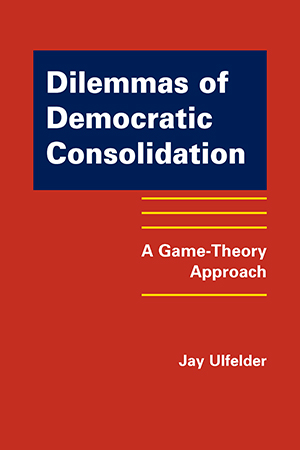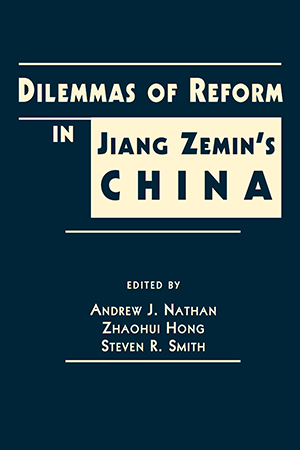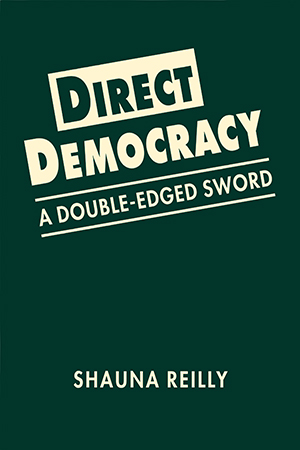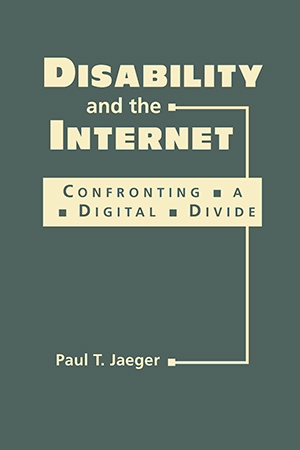BOOKS
The past five decades have seen both a prioritization of copyright in US foreign economic policies and a head-spinning disruption to copyright law caused by the digital revolution—all More >
Why have so many attempts at democracy in the past half-century failed? Confronting this much discussed question, Jay Ulfelder offers a novel explanation for the coups and rebellions that More >
As China enters a stage of economic reform more challenging and risky than any that has gone before, the pressure for political liberalization grows apace. This volume explores the dilemmas More >
Direct democracy typically is lauded for putting power in the hands of the people. But is it really as democratic as it seems? To what extent, and in what circumstances, is it less about More >
Choice Outstanding Academic Book! What is the lived experience of previously healthy older adults as they face disability in late life, and how is disability assimilated in their More >
Choice Outstanding Academic Book! Rosalyn Darling offers a sweeping examination of disability and identity, parsing the shifting forces that have shaped individual and societal More >
From websites to mobile devices, cyberspace has revolutionized the lived experience of disability—frequently for better, but sometimes for worse. Paul Jaeger offers a sweeping More >
During the Nuremberg Medical Trial (1946-1947), the perpetrators of the Nazi euthanasia program were barely prosecuted. The program, also known as Aktion T4, was essentially a campaign of More >
Although disarmament is a longstanding feature of the international system, it is often dismissed as utopian and remains largely understudied and undertheorized. To redress this gap, the More >

















